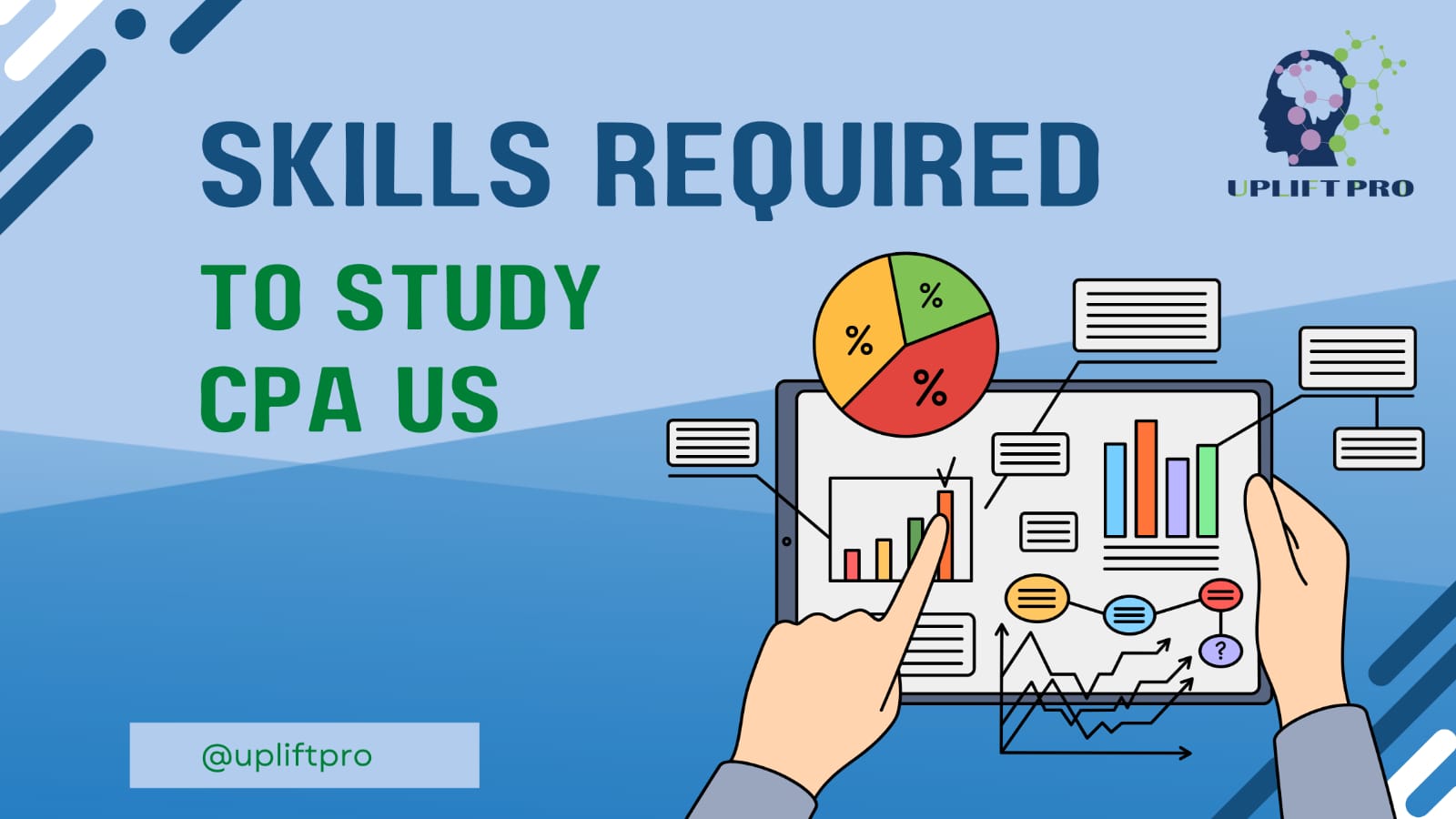So, want to start your CPA journey? Have gathered the required information about the CPA exam? If so, now is the time to apprehend the type of questions and skill levels associated to make an effective study plan with the aim to crack the CPA exam. Let us discuss this.
Sections of the CPA Exam:
The CPA Exam includes the following four sections:
- Auditing and Attestation (AUD),
- Business Environment and Concepts (BEC),
- Financial Accounting and Reporting (FAR), and
- Regulation (REG). Each section tests a different area of knowledge.
The Pattern of Questions in the CPA Exam:
- Multiple Choice Questions (MCQ): MCQs analyze the understanding of accounting, auditing, taxes, or regulatory concepts of a candidate in a quantifiable manner. Here, from a given list of answers, one has to select the correct/ best one.
- Task-Based Simulations (TBS): TBS is concerned with the evaluation of one’s capability on the application of accounting, auditing, taxes, or regulatory knowledge of a candidate in a realistic scenario. To meet up this demand, one must perform research, analysis, and finally to suggest a real-time solution to that open-ended framework.
- Written Communications (WC): Since writing communication skill is the pillar in business environments and concepts, financial accounting, reporting, or regulation, this area of the question is concerned with the writing skill of the CPA aspirant. Here, in response to a hanging question.
The Skill Levels Required for the CPA Exam: To tackle the above-mentioned types of questions, a CPA aspirant must acquire the following skill levels:
- Remembering and understanding (R&U): Depending upon the section concerned, this is the area that covers about 10-40% of the CPA exam and requires the candidate to gather or apprehend specific information like the following:
- Definition of terms
- Description of a concept
- Clarification of a principle
- Identification of a link between two concepts.
1. Application (A): This involves 30-60% of the concerned section of the CPA exam. The chore required at this level includes problem-solving ability in varying situations based on the understanding of related concepts. The Application involves the following patterns:
- Application of a concept to a new situation
- Quantification of amounts based on the given information
- Pinpointing the relevant/applicable methodology to apply in each situation.
2. Analysis (AN): It spans about 15-35% of the CPA exam section. At this level, the candidate must have the ability to recognize patterns and relationships between concepts. Examples include:
- Understanding and interpretation of data to identify trends
- Comparison of multiple sets of information
- Arrangement of information to find out relationships.
3. Evaluation (EV): This comprises about 0-15% of the AUD section and requires the ability to judge the idea and materials in the given situation. Examples include:
- Strength-weakness assessment of an argument
- Comparing two or more alternatives
- Opting for the best/desired line of action.
Study Pattern for the Skill Levels: 3 main patterns:
- Knowing the part and parcel of the concepts through understanding the materials
- The Adequate practice of questions, and
- Regularly taking practice/mock exams.
Summary:
For the CPA exam, understanding the above-mentioned skill levels linked with the task type appears helpful for the preparation of the exam since it provides a clue to the strong and weak areas of a CPA aspirant. Once this is done, a CPA candidate can focus and address the area appropriately. For example, if someone finds issues with analysis questions, he or she can allocate extra time to practicing identifying relationships between concepts.
On the other hand, having problems remembering and understanding tasks is difficult, one can focus on memorization techniques. Finally, understanding the material concepts rather than memorizing everything, practicing a lot of questions, and undertaking mock tests more frequently to get familiar with the real-time situation are the key points for success in the CPA exam. For example, Uplift Professional academy par excellence is continuously giving all these kinds of support to its students to crack the CPA exam on the first attempt.
For further information/assistance, contact: www.upliftprofessionals.in/CPA

Comments are closed.